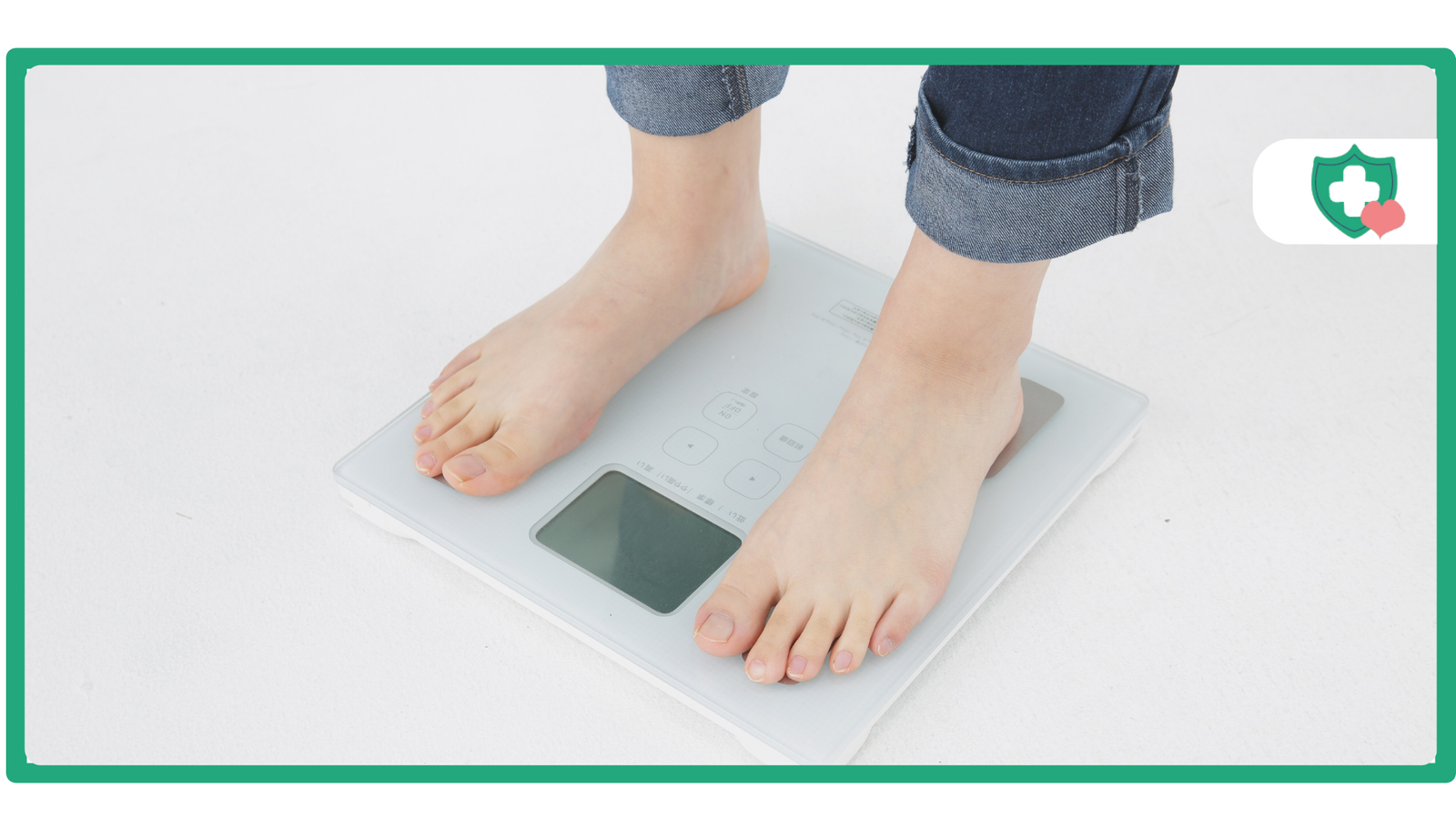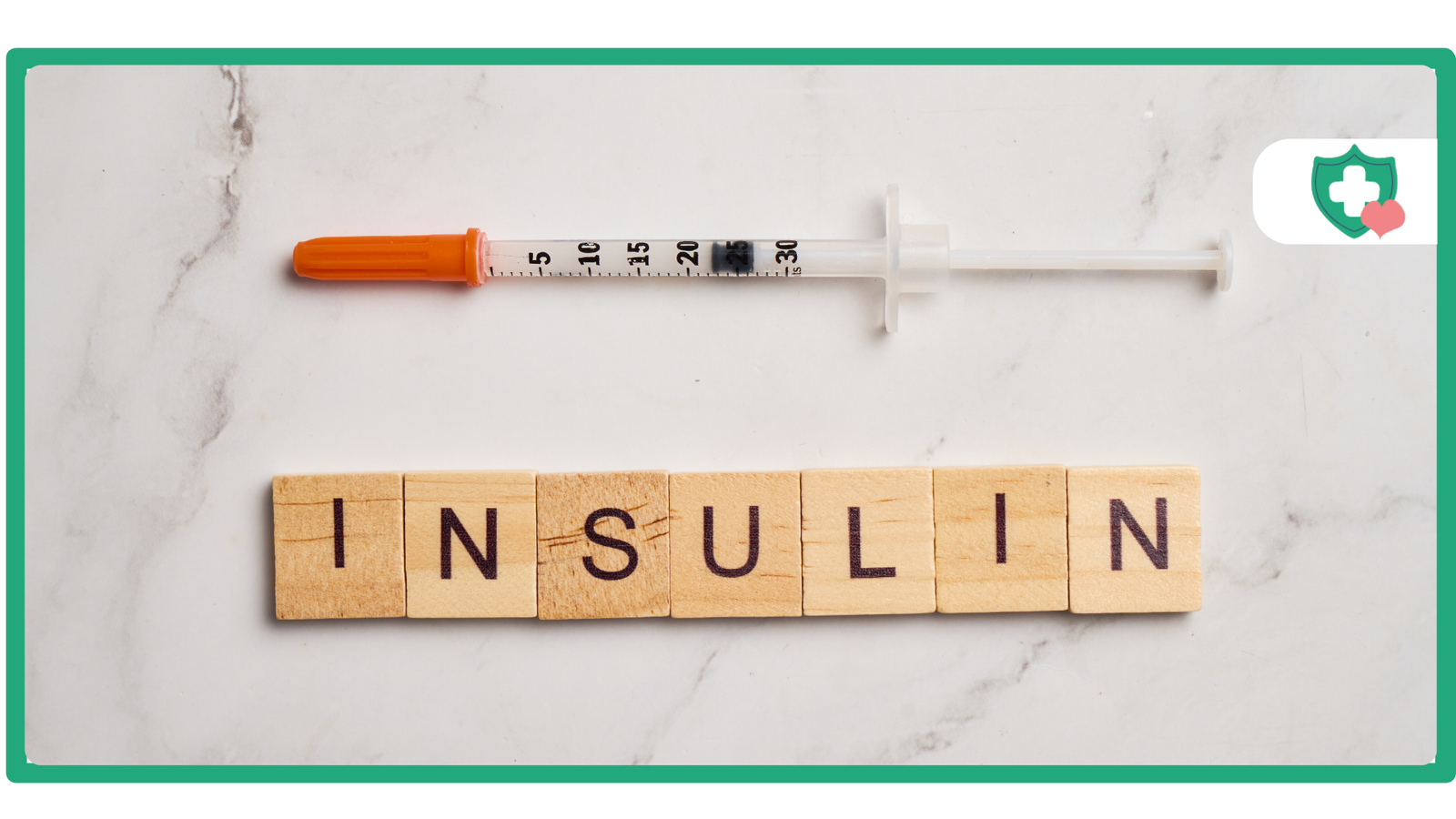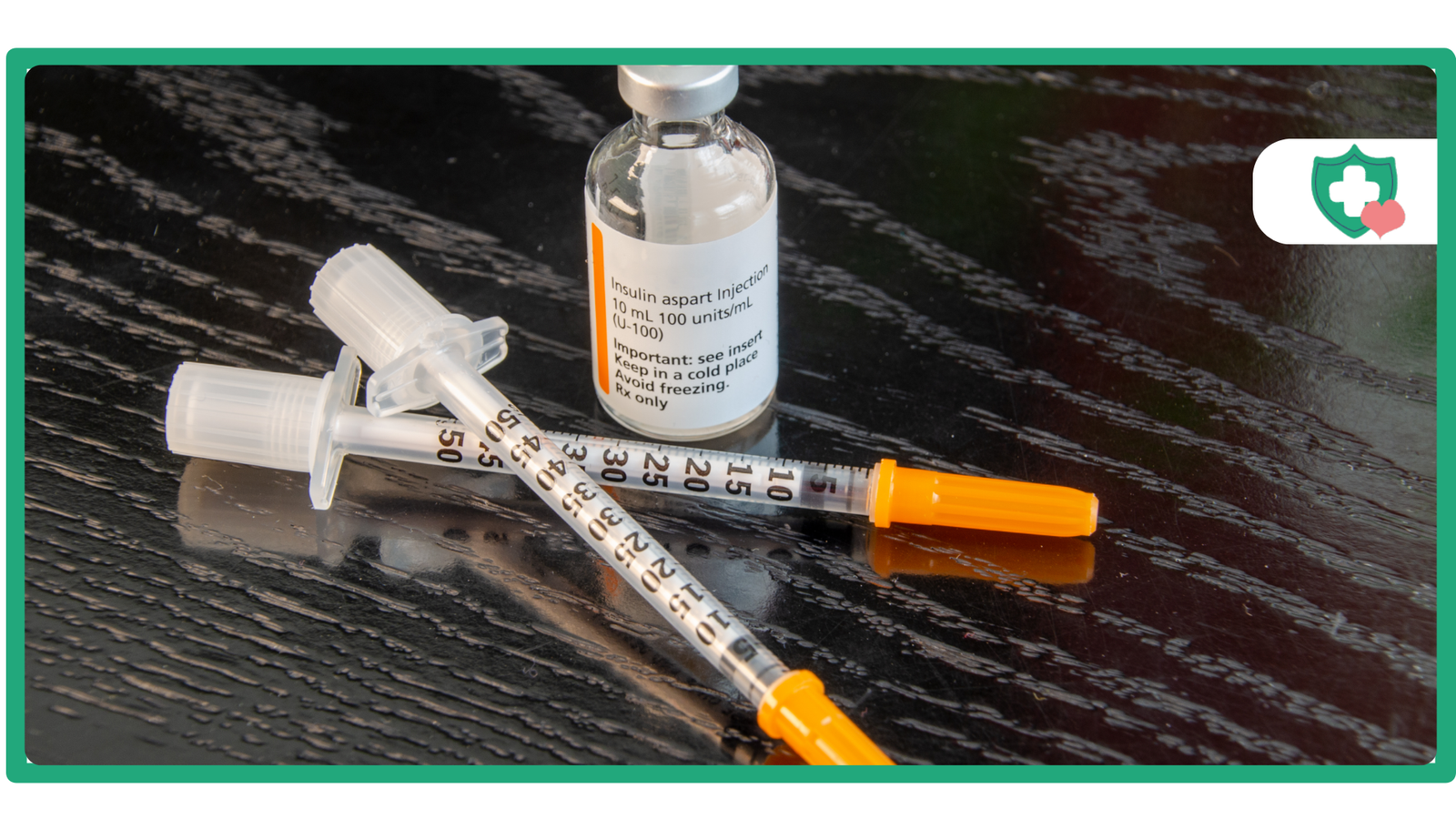You’ve started Mounjaro to improve your health, which is a fantastic step. But that queasy, upset stomach feeling can make it really hard to celebrate your progress. If you’re feeling nauseous, please know that you are not alone. It is the most common side effect of this medicine.
This leads everyone to ask the same thing: “Does Mounjaro cause nausea?”
We are here to give you a clear “yes” to that question. We will also explain the simple science behind why it happens. Most importantly, we will give you a complete survival guide that is packed with tips to help you manage it and feel much better.
Nausea is the #1 Side Effect
Let’s get right to the point. Yes, Mounjaro can cause nausea. In fact, in all the big studies that were done on the medicine, nausea was the number one side effect that people talked about.
But here is the most important part: you don’t have to feel this way forever. The nausea is usually the strongest when you first start taking the medicine. For most people, it gets much, much better as your body gets used to it.
Why Does Mounjaro Cause Nausea?
It helps to know why you feel this way. It’s not just in your head. There are two simple, scientific reasons why Mounjaro can make your tummy feel upset.
It Slows Down Your Stomach
One of the main jobs that Mounjaro does is slow down how quickly your stomach empties its food. The science name for this is “gastric emptying.”
You can think of it like a small traffic jam in your stomach. Because the food stays in your stomach for a longer time, it helps you feel full for longer. But that traffic jam of food can also make you feel queasy or sick.
It Talks to Your Brain
Mounjaro also works by sending very powerful signals to your brain. These signals tell your brain, “Hey, we’re full down here! You don’t need to eat anymore.”
Sometimes, the brain can get a little confused by this very strong “I’m full” signal. It can mistake that feeling for nausea. It’s all part of how the medicine helps control your appetite.
Your Mounjaro Nausea Survival Guide: Practical Tips
You do not have to just suffer through the nausea. There are so many simple tricks and tips that can help you feel better. This is your survival guide!
Eat Small and Slow
This is a huge tip. Instead of eating three big meals a day, try eating five or six very small, snack-sized meals.
This helps because it stops your stomach from ever getting too full. A huge meal is more likely to get stuck in that “traffic jam” we talked about and make you feel sick. Small meals can move through more easily.
Choose Your Foods Wisely (The “Bland is Better” Rule)
Some foods are much harder for your stomach to break down. When you are feeling nauseous, it’s best to avoid greasy, spicy, fried, or very sugary foods.
Instead, stick to simple, “bland” foods that are easy on your stomach. Think about things like crackers, toast, rice, bananas, applesauce, or a simple chicken broth.
Stay Hydrated with the Right Sips
When you feel sick, the last thing you want to do is drink. But not having enough water in your body, called dehydration, can make nausea so much worse.
Try to sip on clear, cold drinks all day long. Water is best. It’s a good idea to avoid sugary drinks like soda or juice, which can sometimes make your stomach feel worse.
Pro Tips for Injection Day
You can be extra smart about your injection day to help avoid nausea. Many people find it helpful to eat a small, bland meal about an hour before they take their shot. Taking it on a completely empty stomach can sometimes make things worse.
Another great pro tip is to take your shot in the evening, right before bed. This way, you can sleep through the first few hours when the medicine is strongest. You might wake up feeling much better.
A Well-Managed Plan for Your Health Journey
A successful health journey means having a plan to manage side effects with professional support. For those seeking a convenient and guided path, the Tirzepatide treatment program from Tirzepatide Medics offers a complete service.
Their program provides an online prescription for Tirzepatide, the active ingredient in Mounjaro and Zepbound that helps patients lose an average of 20% of their body weight.
The all-inclusive service simplifies the process with clear pricing, including the doctor’s consultation, prescription, and medication, starting at $399 for the first month and $299 per month after that.
When Does the Nausea Get Better? A Timeline
It helps to know what to expect. The nausea won’t last forever. Here is a general timeline.
The First Few Weeks
The first few weeks after you start Mounjaro are the main adjustment period. This is when your body is getting used to the medicine, and this is when nausea is most likely to happen.
After a Dose Increase
As you continue on Mounjaro, your doctor will slowly increase your dose. You might find that the nausea comes back for a few days right after your dose goes up.
Asking “Does Mounjaro cause nausea to come back with each new dose?” is common, and the answer is often yes, but just for a few days as your body adapts. Understanding this schedule can help you prepare. You can learn about the standard dosing steps with a Tirzepatide dose calculator.
When to Call Your Doctor About Nausea
Most of the time, nausea is just an annoying side effect. But sometimes, it can be a sign of a more serious problem. You should call your doctor if:
- You are vomiting so much that you cannot keep any food or even water down for a long time.
- You have signs of being dehydrated. This includes having very dark pee, feeling very dizzy, or having a dry mouth.
- Your nausea comes with very severe stomach pain. This could be a sign of a serious problem called pancreatitis.
For non-emergency questions or concerns, you can always reach out to your medical team. You can often send a message through your patient portal or find their info on their contact page.
Conclusion
So, let’s review what we learned. Yes, Mounjaro can cause nausea, and it is the most common side effect. It happens because of normal changes in your body, and it is highly manageable.
The best news is that you now have a full toolkit of tips and tricks to fight back against the nausea and feel better. From eating small meals to taking your shot at night, you have the power to control this side effect.
Does Mounjaro cause nausea? Yes, it does. But now you are fully equipped with the knowledge and tools to manage it and continue succeeding on your health journey. To learn more about starting a safe, medically-guided health program, visit Tirzepatide Medics.















